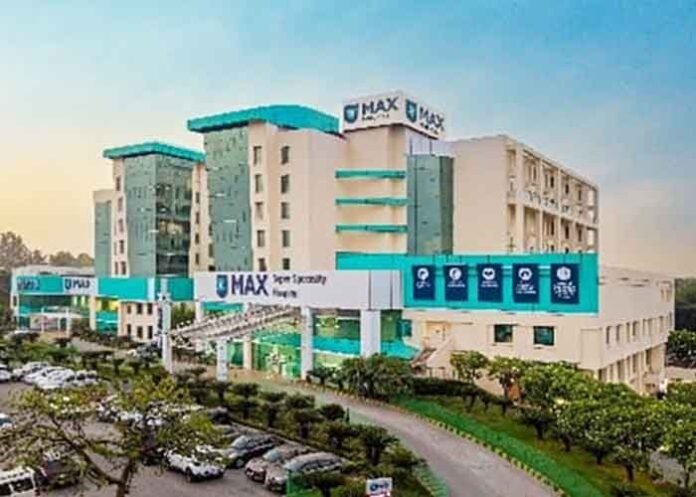Health
Niva Bupa Halts Cashless Facility at Max Hospitals, Affects Thousands

Niva Bupa Health Insurance announced on September 1, 2025, the suspension of its cashless treatment facility at Max Hospitals across India. This decision leaves thousands of policyholders needing hospital care to pay their bills upfront and seek reimbursement later. The suspension comes after the company’s agreement with Max Hospitals expired in May 2025, and subsequent negotiations over premium revisions did not yield a resolution.
Dr. Bhabhtosh Mishra, Director and COO of Niva Bupa Health Insurance, confirmed the development in a statement to IANS. He noted that discussions regarding tariff revisions, an annual procedure, were ongoing but ultimately failed to reach a consensus. “We understand cashless is unavailable at Max Hospitals for Star Health and Care Health too for a variety of reasons,” he stated, highlighting the broader impact on multiple insurers.
The insurer emphasized that while cashless services at Max Hospitals are temporarily unavailable, policyholders can still access treatments on a reimbursement basis. Niva Bupa reassured its customers that cashless services remain operational at over 10,000 partner hospitals across the country, mitigating some of the disruption caused by this suspension.
The situation is not exclusive to Niva Bupa. Policyholders of Bajaj Allianz General Insurance and Care Health Insurance are also facing potential cashless access losses at various hospitals starting September 1, 2025. This follows concerns raised by the Association of Healthcare Providers (India) (AHPI) with online health insurers regarding the ongoing cashless service suspensions.
In a further twist, reports have emerged that AHPI issued an advisory to revoke the suspension of cashless services for certain policyholders, although there has been no official confirmation from the association. The General Insurance Council (GI Council), which represents insurers, criticized AHPI’s actions as unilateral, stating that such moves create confusion and risk eroding public trust in the health insurance sector.
The Council expressed concern that disruptions in cashless services directly impact citizens, forcing them into significant upfront payments, which could jeopardize lives in emergencies requiring immediate medical attention.
These developments arise at a critical time when the Insurance Regulatory and Development Authority of India (IRDAI) is advocating for 100 percent cashless treatment across the nation. While insurers are subject to IRDAI’s stringent guidelines, hospitals operate under different regulations, limiting the regulator’s capacity to intervene effectively.
With rising treatment costs posing a challenge in accessing quality healthcare, the ongoing disputes between insurers and hospitals threaten to exacerbate the situation for ordinary citizens. As the landscape of health insurance continues to evolve, the implications of these developments will be closely monitored by stakeholders across the industry.
-

 World5 months ago
World5 months agoSBI Announces QIP Floor Price at ₹811.05 Per Share
-

 Lifestyle5 months ago
Lifestyle5 months agoCept Unveils ₹3.1 Crore Urban Mobility Plan for Sustainable Growth
-

 Science4 months ago
Science4 months agoNew Blood Group Discovered in South Indian Woman at Rotary Centre
-

 World5 months ago
World5 months agoTorrential Rains Cause Flash Flooding in New York and New Jersey
-

 Top Stories5 months ago
Top Stories5 months agoKonkani Cultural Organisation to Host Pearl Jubilee in Abu Dhabi
-

 Sports4 months ago
Sports4 months agoBroad Advocates for Bowling Change Ahead of Final Test Against India
-

 Science5 months ago
Science5 months agoNothing Headphone 1 Review: A Bold Contender in Audio Design
-

 Top Stories5 months ago
Top Stories5 months agoAir India Crash Investigation Highlights Boeing Fuel Switch Concerns
-

 Business5 months ago
Business5 months agoIndian Stock Market Rebounds: Sensex and Nifty Rise After Four-Day Decline
-

 Sports4 months ago
Sports4 months agoCristian Totti Retires at 19: Pressure of Fame Takes Toll
-

 Politics5 months ago
Politics5 months agoAbandoned Doberman Finds New Home After Journey to Prague
-

 Top Stories5 months ago
Top Stories5 months agoPatna Bank Manager Abhishek Varun Found Dead in Well









